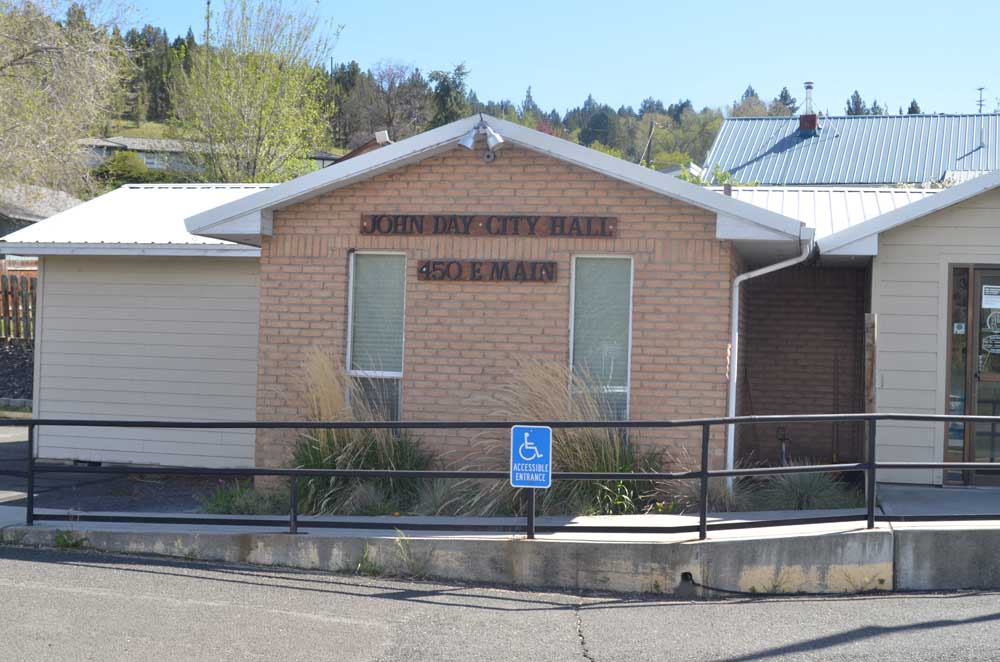Our view: An olive branch that could bridge the political divide
Published 7:00 am Thursday, March 7, 2024

- The John Day Budget Committee approved a $6.9 million budget at its meeting May 27, 2025. The budget now heads to city council for adoption. (Justin Davis/Blue Mountain Eagle, File)
Last month, the John Day City Council did something we haven’t seen it do in quite some time.
Trending
It came to an agreement.
For more than a year now, council meetings have been marked by finger-pointing and dissension, resignations and recriminations, culminating in a hard-fought and bitter recall election that ended with Mayor Heather Rookstool being forced out of office by a slim 33-vote margin.
The aftermath of that election promised to be another bitter and divisive battle over how the next mayor should be chosen. The city charter is not as clear as it could be on the matter, and the gap between what it suggests and what it actually says is more than big enough to drive a political wedge into.
Trending
The recall backers, looking to build on their ballot box victory, pushed for a special election or advisory question to decide who will be John Day’s next mayor. The same voters who were dissatisfied enough to force out the last mayor, they argued, should be the ones who get to choose her replacement.
But even after the recall, the pro-Rookstool faction on the city council still held a 4-2 majority — more than enough to impose their will. They pointed to language in the city charter that defines the mayor as a voting member of the council and states that a council vacancy will be filled by appointment of the remaining councilors.
Council President Sherrie Rininger, a staunch supporter of Rookstool and the policies she championed as mayor, seemed to be sending a clear message to the recall backers when she told Eagle reporter Justin Davis: “We warned them. We’ve been saying this was going to be the way we were going to do it even before the recall election happened.”
But Rininger took a different tack at the Feb. 13 council meeting. She offered an olive branch.
Her suggestion: Let the council take applications for the open mayor’s seat and put the names on the November ballot in the form of an advisory question that will allow the voters to state their preference. Three of the seven council seats will also be up for a vote in November, after which a majority of council members will be elected, rather than appointed as is now the case. In January, after the new council takes office, the members can appoint a new mayor to fill out the remaining two years on Rookstool’s original term.
“It made more sense because people were pointing out that there were too many appointed members of council,” Rininger said afterward. “This way (the voters) have a say and we follow the charter and everything works out the way it should.”
Rininger’s middle path offers a way forward, a way for the council — and the community — to get past the politics of division that have marked the past year. She had the votes on council to push through a mayoral appointment now — but she also had the foresight to see how that sort of power play would be received by a large segment of the community.
“Compromise” is often pronounced like a dirty word in today’s overheated political climate. But in a democracy, it’s the only way to bridge the gap between opposing points of view and bring people closer together rather than driving them further apart.
Chris Labhart, who often votes against Rininger on the city council, put it this way:
“In politics sometimes you have to work with both sides. For the betterment of the community, I think it’s the best way to go.”
We commend Rininger for having the flexibility — and political courage — to compromise for the betterment of our community.









